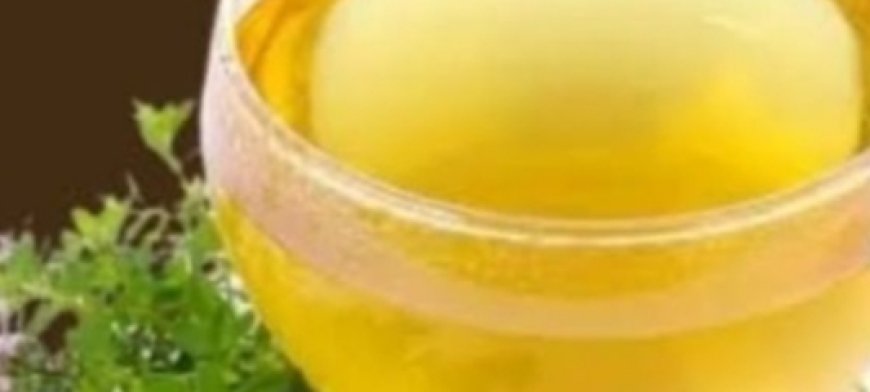8 Benefits and Uses of Thyme

. Rich in AntioxidantsThyme is packed with antioxidants like thymol, carvacrol, and flavonoids that help fight oxidative stress. These compounds neutralize harmful free radicals, protecting cells and supporting long-term heart and brain health.2. Boosts the Immune SystemLoaded with vitamin C and other immune-supporting nutrients, thyme helps strengthen the body’s defenses. Its natural antimicrobial and antiviral qualities make it a traditional favorite for easing colds, coughs, and sore throats.3. Supports Respiratory HealthThyme works wonders for the respiratory system. It acts as a natural expectorant, helping clear mucus and soothe inflamed airways. This makes it a valuable ally for conditions like bronchitis, asthma, or sinus congestion.4. Promotes Healthy DigestionThyme aids digestion by stimulating digestive enzymes and reducing bloating or gas. It helps maintain gut balance and supports the growth of beneficial bacteria, keeping your digestive system running smoothly.5. Reduces InflammationThanks to its anti-inflammatory compounds, thyme can help ease swelling and discomfort in the body. It may offer relief for joint pain, arthritis, and even inflammatory skin or gut issues.6. Improves Skin HealthWith its antibacterial and antifungal properties, thyme is often found in natural skincare formulas. It helps manage acne, eczema, and other skin irritations by calming inflammation and reducing bacteria.7. Supports Heart HealthThyme contributes to cardiovascular wellness by promoting better circulation and helping balance blood pressure. Its antioxidants also protect blood vessels from oxidative stress, supporting a healthier heart.8. Relieves Stress NaturallyIn aromatherapy, thyme essential oil is known for its calming scent. It can help ease anxiety, improve mood, and promote relaxation—perfect for unwinding after a long day.Common Uses of ThymeCulinary UsesThyme is a staple in countless kitchens around the world. Its earthy, slightly minty flavor elevates soups, stews, marinades, and roasted dishes. It’s also a key ingredient in spice blends like herbes de Provence and bouquet garni.Herbal TeaThyme tea is a soothing beverage known to relieve coughs, sore throats, and digestive issues. Simply steep fresh or dried thyme leaves in hot water for a few minutes to enjoy its comforting aroma and taste.Essential OilThyme essential oil is used for both relaxation and skin care. When diluted with a carrier oil, it can be applied topically to soothe sore muscles or help clear acne. Diffused, it brings a warm, grounding aroma to your space.Natural CleaningBecause of its strong antimicrobial action, thyme is a great addition to homemade cleaning products. It disinfects naturally while leaving behind a clean, herbal scent.Medicinal PreparationsSyrups: Thyme is often found in herbal cough syrups.Tinctures and Capsules: Concentrated extracts are used to support respiratory and immune health.Skincare Products: Creams and toners containing thyme extract help calm and clarify the skin.How to Use Thyme SafelyWhile thyme is generally safe, a few precautions are helpful:Essential Oil: Always dilute thyme essential oil before applying to the skin. Avoid taking it internally unless directed by a professional.Allergies: People sensitive to plants in the mint family should use thyme cautiously.Pregnancy & Breastfeeding: Those who are pregnant or nursing should consult a healthcare provider before using thyme in large or medicinal doses.The Bottom LineThyme is far more than a simple kitchen herb—it’s a natural ally for health and well-being. Whether you enjoy it in your meals, as a herbal tea, or in skincare, thyme offers a wide range of benefits that support the body, mind, and spirit.
What's Your Reaction?





















